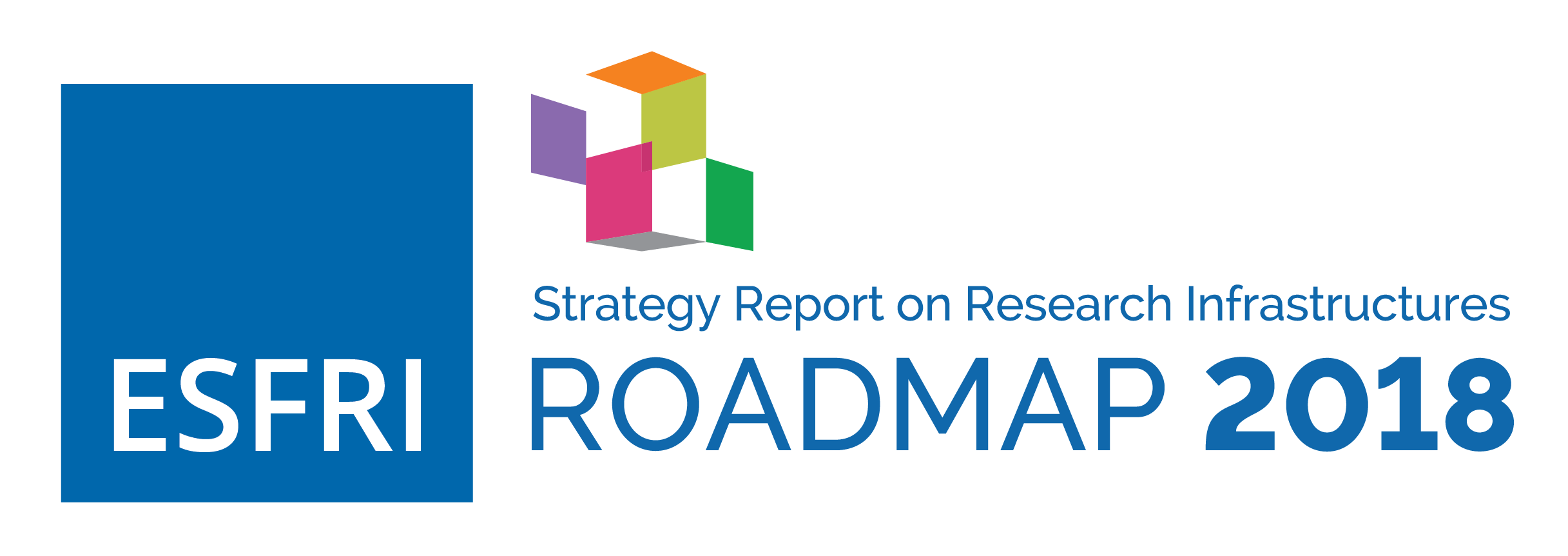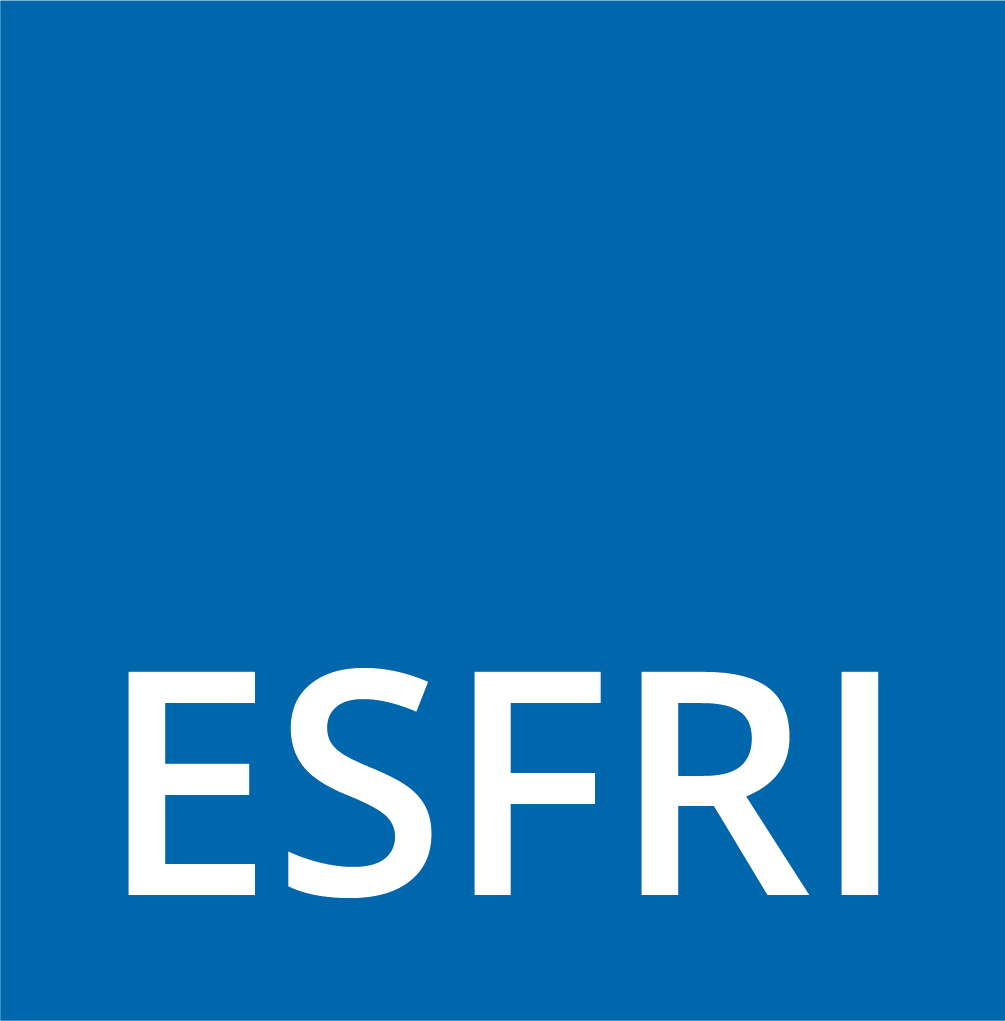Education and Training
RIs are key elements in the higher education and training for European researchers in all domains as well as for technology developers and innovators. RIs from all scientific domains invest important resources in Education & Training integrating the academic disciplinary culture with multi-disciplinary research methodologies, advanced data technologies and skills to perform research on complex problems.
EDUCATION
In the framework of the study on Long-Term Sustainability of RIs it has been pointed out the need to optimize the role of RIs in higher education by establishing structured collaborations – e.g. credits – and mobility exchange programmes between universities and RIs. RIs can provide education services and advanced education at master or doctoral level that are complements to the advanced academic education. In the PSE domain, one example is the Hercules European SchoolHercules European School http://hercules-school.eu that concentrates on synchrotron and neutron radiation methods of research in a broad range of disciplines, from the life sciences including health, materials science, nanoscience, physical chemistry, archeometry and palaeontology to physics. Hercules is in fact a well established complement of PhD and post-doctoral level education for young researchers in these sciences.
In the DIGIT domain, digital infrastructures are expected to boost research, growth, innovation and job creation, and it is clear that education of digital scientists and practitioners is a priority for Europe as this can effectively give people the knowledge, skills and competences to critically use and benefit from scientific data, to contribute creating the European identity, building on common values and cultures. Education on newly emerging technologies for data collection, compression, preservation, and analysis can be realized in collaboration with Digital Infrastructures. The e-learning programs complement and enhance traditional learning, support existing teaching methods and provide a valuable reference point, which can be accessed anytime, anywhere. These programs cover computer science, data and statistics, engineering, life sciences, social sciences and humanities and more, providing proper platforms and, which is extremely important, sharing the knowledge and data stored by all RIs connected via networks.
In the SCI domain, the ESFRI Landmarks CLARIN ERIC and DARIAH ERIC are Digital Humanities RIs that jointly maintain a registry of about 150 courses on Humanities and Computer Science. A more formal integration of educational initiatives between RIs and universities could shape attractive options for advanced-level student to identify possible research and career paths.
TRAINING
Training initiatives are practiced at all operational levels of RIs, from management to maintenance, from in-house research to technology upgrade, as well as specific training of the users. RIs managerial skills need to address the complexity of international undertakings characterized by challenging technical and organizational structures and to create advanced services for both the very demanding scientific community and trust by the institutional stakeholders and supporting governments – e.g. RITrain Research Infrastructure Training Programme Executive Masters in Management of Research Infrastructures hosted by the University of Milano-BicoccaExecutive Masters in Management of Research Infrastructures http://www.emmri.unimib.it/en. Training of users cover laboratory safety and research good practices as well as technical skills to operate the RI facilities or the scientific data services.
RIs may represent prototypes for new solutions adapted to changing boundary conditions that have general technological and societal perception implications: specific training needs concern also the optimization of the mix of energy sources that may contribute to sustainability – economic, environmental and social. The integration in the electricity grid of renewables and novel nuclear plants – IV-G or fusion – with currently operational sources requires a high level of knowledge of all technologies and their complementarity. Examples in the ENE domain are: the ESFRI Landmark ECCSEL ERIC which runs a programme for the development of a capacity building and provides training to the prospective users by webinars and conferences; the ESFRI Landmark JHR which relies on a dedicated simulator to train future operators.
In the ENV domain, education and training activities focus on the cross-fertilisation and knowledge transfer of new technologies, best practices, approaches and policies of the involved RIs via specific training courses and staff exchange programs for RIs personnel. In addition, an e-training platform developed by the ESFRI Landmark LifeWatch ERIC supports the training activities, giving sustainability and re-use to the course materials and offers specific e-training tools for RIs users.
In the H&F domain examples are: the ESFRI Landmark ECRIN ERIC with a course on Clinical evaluation of medical devices: from the restrictions and obligations to the means and levers, focused on requirements for clinical investigations, clinical data, decision analytic modelling and financial instruments; the ESFRI Landmark BBMRI ERIC course on How to build a biobank; the ESFRI Landmark EATRIS ERIC online course The Landscape of Translational Medicine covering target validation, predictive models, biomarkers, personalized medicine, and regulatory environments; the ESFRI Landmark ELIXIR provides training to life science professionals to deal with the exponential growth of bioinformatics tools and data, and filling the training gap left by transformative data technologies in medicine and the life sciences, including how Big Data are generated, analysed and interpreted.
In the domain of SCI training activities by RIs help scholars to find the appropriate data and access norms to personal datasets. An example is given by the ESFRI Landmark DARIAH ERIC which provides supporting platforms to the researchers for the access and the use of the data-sets generated by RIs. A remarkable initiative is the training programme organized by the Synergies for Europe’s Research Infrastructures in the Social Sciences (SERISS)Synergies for Europe’s Research Infrastructures in the Social Sciences (SERISS) https://seriss.eu, which aggregates the six major European RIs for Social Sciences. The reference organization in information technology and data services that supports research, training and teaching in the social sciences at international level is the International Association for Social Science Information Service and Technology (IASSIST)International Association for Social Science Information Service and Technology (IASSIST) http://www.iassistdata.org.
EU-funded RIs consortia in the PSE subdomain of Analytical Physics like CALIPSOCALIPSOplus http://www.calipsoplus.eu (Synchrotrons), SINE2020SINE2020 https://www.sine2020.eu (Neutrons), ESTEEMESTEEM 2 http://esteem2.eu (Electron Microscopy), and more in the PSE domain, organize workshops and advanced training.
The training in data sharing, on how to make data FAIR – Findable, Accessible, Interoperable, Reusable – and on the broad implications of Open Science should be substantially supported jointly by Digital and Research Infrastructures. The users of data intensive infrastructures – as the ESFRI Projects ACTRIS, DANUBIUS-RI, EMPHASIS, ISBE, and the ESFRI Landmarks CTA and SKA – need specifically tailored education and training programs for data acquisition, usage and interoperability.
OUTREACH
Outreach activities are important in several aspects: to communicate with other fields of science that can benefit from the services offered by a given RI, to communicate correctly with Government administrations and stakeholders, to reach industry and civil service operators, to diffuse scientific culture to the students at all levels – from primary education on – and to the general public.
Outreach initiatives by RIs in all domains are aimed at reducing barriers between science and citizens providing evidence of the direct benefits to society in many aspects of life, from health to communication, from environment and energy to cultural heritage and to economic competitiveness. All RIs practice outreach initiatives in form of public events often conducted by well-known journalists, site visits – open door days, general media hard and software products including interactive virtual experiences.




